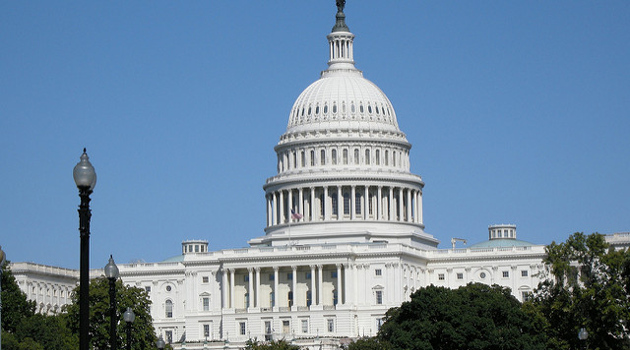I’ve explained the economics of taxation, which is based on the common-sense notion that you get less productive economic activity when taxes drive a bigger wedge between pre-tax income and post-tax consumption.
Simply stated, the more you tax of something, the less you get of it, and this applies to taxes on labor and taxes on capital.
Today, let’s examine some empirical evidence. I’ve done that before (see here, here, here, here, here, here, here, here, and here), but it’s always good to expand the collection.
Three Italian professors, in a new working paper for the Centre for Economic and International Studies, investigated the relationship between taxes and growth.
We’ll start with a description of the methodology.
In this paper, we revisit a traditional issue in the empirics of growth and economic policy: whether taxation has long-lasting effects on real GDP dynamics. …we focus on the impact that taxes may have
on the rates of physical and human capital accumulation. …our main departure from the existing literature is the use of a semi-parametric technique, which allows for countries’ unobserved heterogeneity in the input effects on per capita GDP. …we test our model, using a sample of 21 OECD countries over the period 1965-2010.
Here are the key findings.
Our main finding is that taxation negatively affect per capita GDP growth rates, both directly and indirectly, via physical and human capital saving rates. …Our cross-country analysis makes a clear point on this, at least for our sample of OECD countries: on average, tax cuts produce a beneficial impact on GDP dynamics but of modest size. In our baseline specification, a cut by 10% in personal income tax rate generates an change in the real per capita GDP growth rate of +1% while a cut by 10% in corporate income tax rate increases the rate of growth of real per capita GDP by 0.9%. …The main message of our empirical exercise is that, across various samples and specifications, taxes are harmful for growth.
These are very strong results.
Though I find it very interesting that the authors say they are “of modest size.”
I guess that depends on expectations and perspective. I’ll simply repeat the point I made two years ago about the importance of even small increases in the long-run growth rate.
I’ll simply repeat the point I made two years ago about the importance of even small increases in the long-run growth rate.
The bottom line is that future Americans would enjoy significantly greater prosperity with better tax policy.
That’s a desirable outcome at any point in time, and it’s even more important today as we consider how to recover from the economic wreckage caused by the coronavirus.
Interestingly, the study ends with some interesting estimates on the impact of lower tax rates on labor and capital.
Table 10 reports the results of a “what if”exercise, in which we compute the change in GDP growth rate generated by a ceteris paribus cut by 10 % in τw and τk.
And here is the aforementioned Table 10 (“τw” is the tax rate on labor and “τk” is the tax rate on capital).
There are two big takeaways from this research.
First, it’s further evidence that Trump’s tax reform, which lowered the corporate tax rate from 35 percent to 21 percent, was a very good step for the American economy.
Second, it’s further evidence that it’s a big mistake for Biden and other folks on the left to push for higher tax rates, including big increases in tax rates on personal income.
P.S. Just in case those last two sentences sound overly favorable to Trump, I’ll remind people that reckless spending increases – sooner or later – will lead to punitive tax increases. In other words, if Biden wins and there are big tax hikes, Trump will deserve some of the blame (just as Bush’s irresponsible policies set the stage for some of Obama’s irresponsible policies).
———
Image credit: Shaw Girl | CC BY-NC-ND 2.0.


